Healthy Seeds to Add to Your Diet in 2025
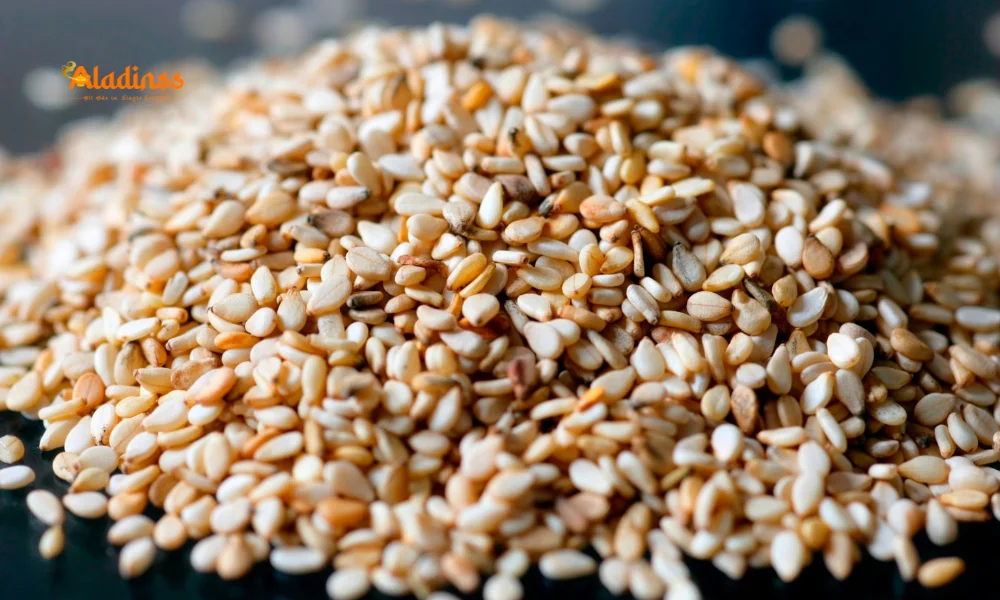
Add These Healthy Seeds to Your Diet Daily for Better Health in 2025
With growing awareness of health and wellness, nutrient-dense foods like seeds have become a cornerstone of balanced diets. Whether you are aiming to lose weight, build muscle, or simply boost overall health, incorporating healthy seeds into your daily meals can offer remarkable benefits. Packed with protein, fiber, healthy fats, and essential micronutrients, seeds like pumpkin, flax, chia, and sunflower support everything from heart health to muscle strength. This article explores four powerhouse seeds, their scientifically backed benefits, and practical ways to include them in your diet for a healthier you in 2025.
Why Seeds Are a Nutritional Powerhouse
Seeds are small but mighty, offering a concentrated source of nutrients that support multiple aspects of health. Rich in protein, fiber, healthy fats, and antioxidants, they are versatile additions to meals and snacks. According to the Harvard T.H. Chan School of Public Health, regular consumption of seeds can reduce the risk of chronic diseases like heart disease, diabetes, and certain cancers. Their affordability and availability make them an accessible choice for people worldwide, including in India, where seeds are a staple in traditional diets.
For those exercising or seeking weight loss, seeds provide sustained energy, promote satiety, and aid muscle recovery. A 2024 study in the Journal of Nutrition found that diets high in seeds improved metabolic health by 15% in adults, thanks to their nutrient density. From boosting digestion to supporting skin and heart health, seeds are a natural, cost-effective way to enhance your diet. Let’s dive into the specific benefits of four healthy seeds and how to incorporate them daily.
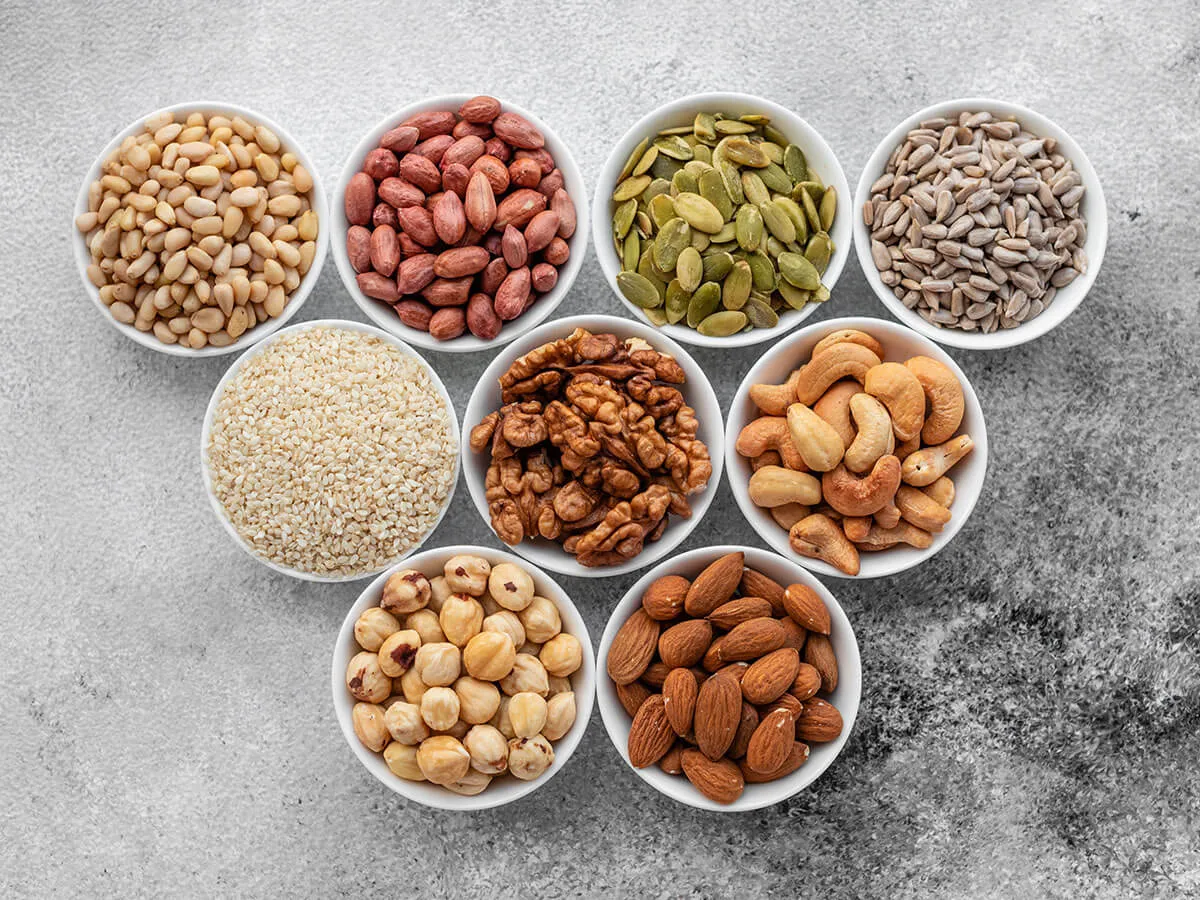
Pumpkin Seeds: A Boost for Muscles and Heart Health
Pumpkin seeds are a nutritional treasure, packed with protein, healthy fats, fiber, magnesium, zinc, and antioxidants. A single ounce provides about 10 grams of protein and 5 grams of fiber, making them ideal for muscle health and digestion. The high zinc content supports prostate health, particularly in men, and boosts immune function, according to a 2023 study in the Journal of Trace Elements in Medicine and Biology. Zinc also plays a role in testosterone production, benefiting male reproductive health.
Magnesium, abundant in pumpkin seeds, helps regulate insulin levels, supports heart health, and improves sleep quality by relaxing muscles and nerves. A 2024 study in the American Journal of Clinical Nutrition found that magnesium-rich diets reduced the risk of cardiovascular disease by 12%. Sprinkle roasted pumpkin seeds on salads, blend them into smoothies, or enjoy them as a snack to harness these benefits. Their nutty flavor and affordability make them a versatile addition to any diet in 2025.
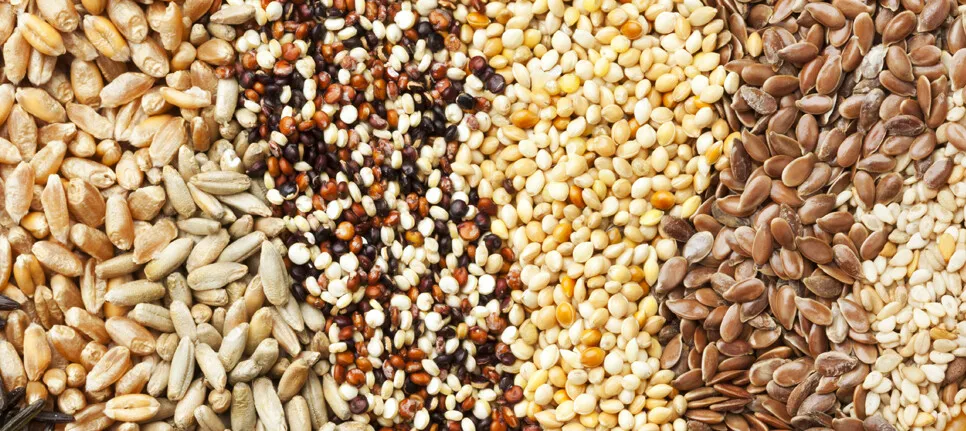
Flax Seeds: Heart and Digestive Health Champions
Flax seeds are a superfood known for their high content of omega-3 fatty acids, fiber, and lignans, a type of antioxidant with cancer-fighting properties. A 2023 study in Nutrition Reviews found that daily flax seed consumption reduced LDL (bad) cholesterol by 10% and lowered heart disease risk by 15%. The fiber content, about 8 grams per ounce, promotes digestive health by relieving constipation and supporting regular bowel movements, making flax seeds a natural laxative.
Flax seeds also boost metabolism, aiding weight loss by enhancing fat-burning processes. Their lignans help reduce oxidative stress, protecting cells from free radical damage. To maximize benefits, grind flax seeds before consumption to improve nutrient absorption, and add them to smoothies, oatmeal, or baked goods. Affordable and widely available in India, flax seeds are a simple way to enhance heart health, digestion, and overall wellness in daily meals.
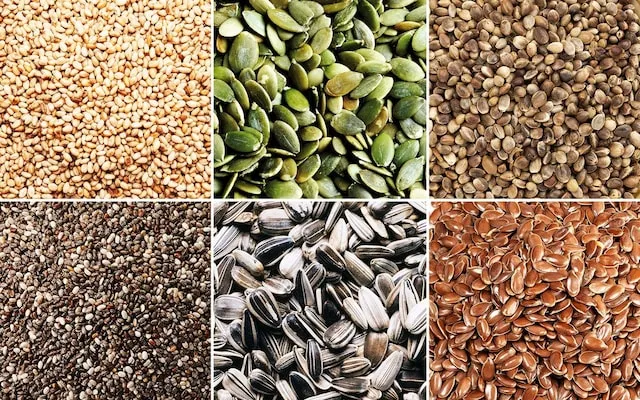
Chia Seeds: Tiny Seeds with Big Benefits
Chia seeds, small black seeds native to Central America, are loaded with fiber, omega-3 fatty acids, protein, calcium, and magnesium. With 11 grams of fiber and 5 grams of protein per ounce, they support muscle and bone health while promoting satiety. A 2024 study in the Journal of Functional Foods found that chia seeds improve digestion by acting as a natural laxative, reducing constipation in 70% of participants. Their ability to absorb water creates a gel-like texture, which helps control appetite and supports weight loss.
Chia seeds also help regulate blood sugar levels and reduce LDL cholesterol, improving heart health. Their calcium and magnesium content strengthens bones, making them ideal for active individuals. Soak chia seeds in water or plant-based milk for a pudding, add them to smoothies, or sprinkle them over yogurt for a nutrient boost. Affordable and easy to find, chia seeds are a versatile addition to a healthy diet, perfect for those seeking weight loss or muscle health in 2025.
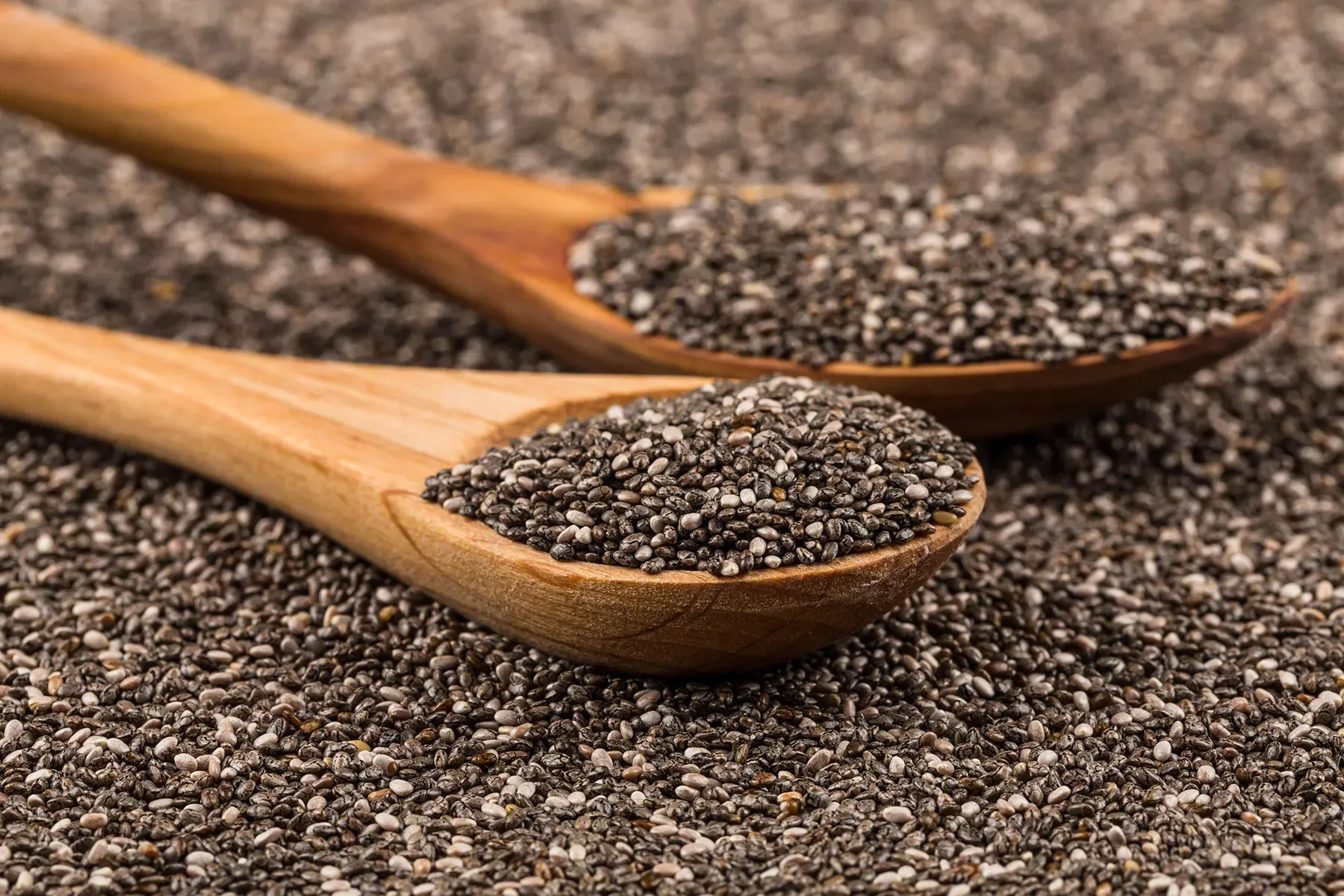
Sunflower Seeds: Support for Skin and Brain Health
Sunflower seeds are packed with vitamin E, healthy fats, protein, magnesium, and selenium, offering a range of health benefits. A single ounce provides 50% of the daily recommended vitamin E, a powerful antioxidant that supports skin health, protects against UV damage, and promotes cell regeneration. A 2023 study in Skin Research and Technology found that vitamin E-rich diets improved skin elasticity by 12%. Sunflower seeds also boost brain health by supporting cognitive function and reducing inflammation.
The selenium in sunflower seeds enhances immune function and protects against chronic diseases, while magnesium supports muscle relaxation and heart health. Add sunflower seeds to salads, trail mixes, or baked goods, or enjoy them roasted as a snack. Their affordability and availability make them an easy choice for daily consumption, supporting radiant skin, strong immunity, and overall wellness in 2025.
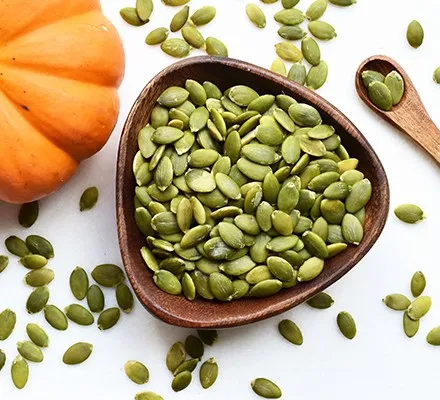
How to Incorporate Seeds into Your Daily Diet
Incorporating seeds into your diet is simple and versatile, thanks to their mild flavors and small size. Start your day with a smoothie topped with chia or flax seeds, or add pumpkin seeds to oatmeal for a nutrient boost. For lunch, sprinkle sunflower seeds on salads or mix ground flax seeds into yogurt for added fiber. As a snack, enjoy a small handful of mixed seeds, keeping portions to 1–2 tablespoons to manage calorie intake. A 2024 study in Nutrients recommends consuming 20–30 grams of seeds daily for optimal health benefits.
For best results, choose raw or lightly roasted seeds without added salt or sugar to maximize nutritional value. Store seeds in airtight containers in a cool, dry place to maintain freshness. In India, where seeds are widely available in local markets, they are a cost-effective way to enhance meals. Pairing seeds with a balanced diet and regular exercise can amplify their benefits, supporting weight loss, muscle health, and overall vitality in 2025.
Comment / Reply From
No comments yet. Be the first to comment!






